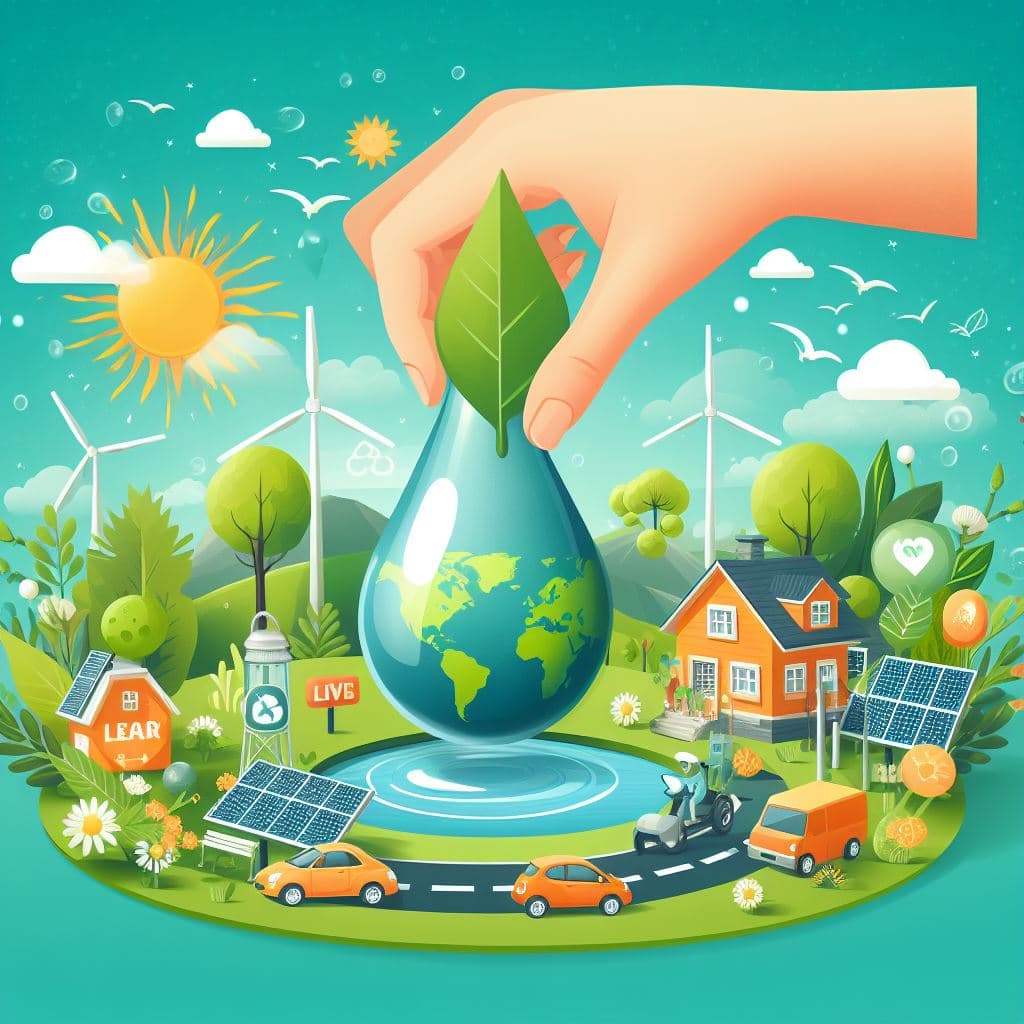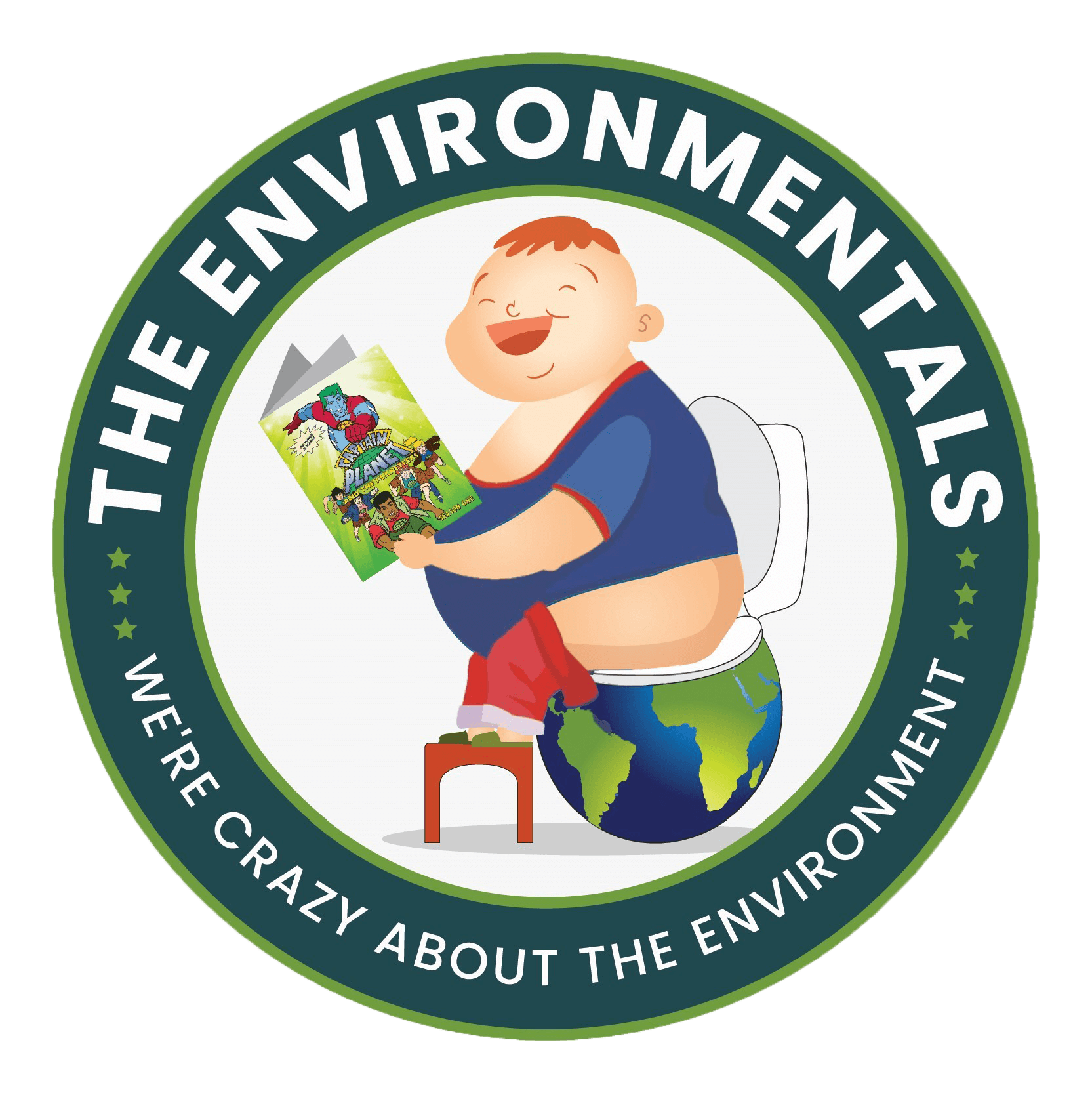Living an Eco-Friendly Life

Discover Your Green Path: Dive into Sustainable Living Tips You Can Actually Use
Living an Eco-Friendly Life! Click on any button or section that interests you. Hopefully, there’s something that resonates with you. If not, please feel free to email us and let us know what specific aspects of sustainable living you’d like to see or learn more about!Use Alternative Fuels
Use alternative fuels for heat, electricity, etc. (solar, wind, biomass, hydro, geothermal)
Also includes hybrid and electric cars (also see “Reduce your Carbon Footprint”).
Economic Pressure / Change Spending Habits
a. Only buy fuel efficient cars / demand a minimum MPG
b. Call businesses that pollute / refuse to purchase goods that end up in landfills
c. Support responsible businesses
Recycle as much as possible
a. Try to purchase goods in containers that can be easily Recycled
i. glass
ii. metal
iii. plastic types 1 (PETE) and 2 (HDPE)
b. Avoid anything in containers made from plastic types 6 (PS) and 7 (OTHER)
Reuse as much as possible
a. Washable / Reusable plastic water bottles instead of single use
b. Minimize use of single use paper / plastic dishes / cups / silverwear
c. Reuse containers (sherbert) for restaurant leftovers instead of taking “disposable” containers
Reduce Your Garbage
a. Composting
b. Buying only what you need / wasting as little as possible
c. Never throw anything in the trash that can be Reused / Recycled
Reduce Your Carbon Footprint
Global Warming is happening now – the planet’s temperature is steadily rising. The trend is clear and unmistakable, and we are the cause.
Use alternative fuels
Living an Eco-Friendly Life means making conscious choices to reduce our environmental impact. It involves adopting sustainable practices that benefit both us and the planet. By minimizing waste, conserving energy, supporting renewable resources, and embracing eco-friendly products, we contribute to a healthier and more balanced world.
Alternative Fuel Definition:
The following fuels are defined as alternative fuels by the Energy Policy Act (EPAct) of 1992: pure methanol, ethanol, and other alcohols; blends of 85% or more of alcohol with gasoline; natural gas and liquid fuels domestically produced from natural gas; propane; coal-derived liquid fuels; hydrogen; electricity; pure biodiesel (B100); fuels, other than alcohol, derived from biological materials; and P-Series fuels. In addition, the U.S. Department of Energy may designate other fuels as alternative fuels, provided that the fuel is substantially non-petroleum, yields substantial energy security benefits, and offers substantial environmental benefits. For more information, see the EPAct website. (Reference 42 U.S. Code 13211)
Source: Alternative Fuels Data Center
URL: https://www.afdc.energy.gov/laws/391
There are many viable alternatives for heat, electricity, transportation, etc. (solar, wind, biomass, hydro, geothermal)
- Only buy fuel efficient cars / demand a minimum MPG
- Call businesses that pollute / refuse to purchase goods that end up in landfills
- Support responsible businesses
Economic pressure / Change spending habits
a. Only buy fuel efficient cars / demand a minimum MPG
b. Call businesses that pollute / refuse to purchase goods that end up in landfills
c. Support responsible businesses
Recycle as much as possible
a. Try to purchase goods in containers that can be easily Recycled
i. glass
ii. metal
iii. plastic types 1 (PETE) and 2 (HDPE)
b. Avoid anything in containers made from plastic types 6 (PS) and 7 (OTHER)
Reusing as much as possible
Reducing your garbage
a. Composting
b. Buying only what you need / wasting as little as possible
c. Never throw anything in the trash that can be Reused / Recycled
